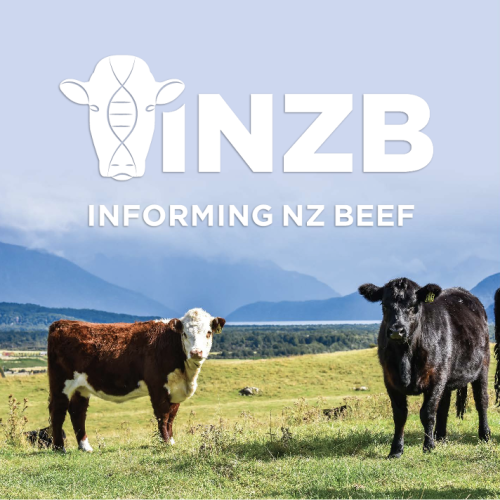Search results
Displaying 191 - 200 results of 778
- NewsWhat are the correct set-stocking rates for ewes at lambing? Vet and Wormwise Programme Manager Ginny Dodunski strives to answer this question but says, like so many farm system questions, it is not …
- Factsheet… other issues around working postadverse event conditions registration form volunteers … other issues around working postadverse event conditions checklist farmers briefing … safety other issues around working postflood conditions volunteers can stop working leave …
- Editable PDF… wilcock 2013 establishment reference baseline conditions chemical indicators new zealand … more nitrogen 3 susceptibility recieving waterbody freshwater ecosystem nitrogen waterbodies … ecosystem health water quality freshwater body type rivers attribute unit visual clarity …
- Industry data… summary outlook 202223 2 overview 2 economic conditions 2 lamb mutton 2 beef 3 livestock … sheep beef farms 3 global economy 5 economic conditions 5 new zealand 8 consumer prices 8 … exports 34 production 35 shearing 35 climatic conditions 36 farm revenue expenditure profit …
- Editable PDF… name site name site name site name climatic conditions climatic conditions climatic conditions climatic conditions climatic …
- External resource… common pasture legumes under dryland conditions adapted lucas 2016 from undersander … clovers found range different climatic soil conditions partly because over many … subspecies can tolerate periodic wet soil conditions better than other subspecies monti …
- Factsheet… 184195 6408 full explanation calculations body report appendix 3 6 calculated 9 1 … exclusionregulationspdf 14 wet conditions does include wet pasture paddocks … kale which along genetics ewe body condition scoring farm credit significantly lifting …
- Page… equipment attached to your horse around your body. Check tack/riding equipment condition before saddling up. Check girth …
- PodcastAnna Boyd (Beef Genetics Operations Specialist at B+LNZ Genetics) shares what they’re doing in that space and why it’s important. For more information, see …

- Page… * Feed quality and quantity, sheep age, condition, and other heath challenges. Source: … * Feed quality & quantity, calf age, condition, other heath challenges . Source: …